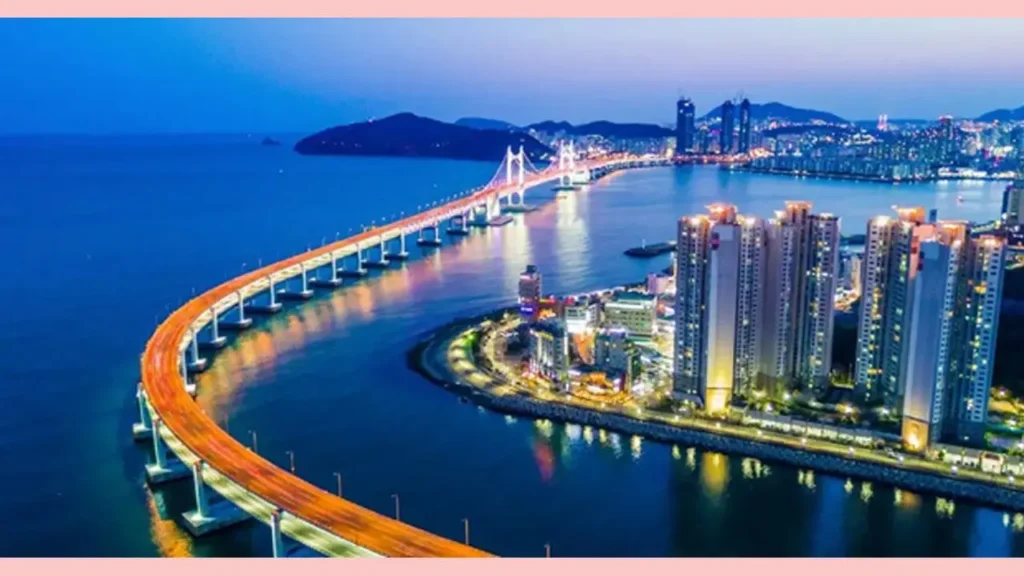Mumbai, often referred to as the financial capital of India, has a dynamic real estate market that evolves with its ever-expanding infrastructure. The city’s growth is intrinsically linked to its infrastructure projects, which serve as catalysts for urban development and economic progress. In recent years, several large-scale infrastructure initiatives have reshaped Mumbai’s real estate landscape, attracting investors and homebuyers alike.

Enhanced Connectivity
Infrastructure projects such as the Mumbai Metro, Coastal Road, and Trans-Harbour Link have significantly enhanced connectivity within the city and its suburbs. These developments reduce travel time, making peripheral areas more accessible and attractive to both residential and commercial real estate investors. For instance, the Mumbai Trans-Harbour Link is expected to bolster the real estate potential in Navi Mumbai, bringing it closer to the city’s central business districts.
Rise in Peripheral Areas
As infrastructure projects extend the city’s reach, suburban and peripheral regions like Thane, Navi Mumbai, and Palghar are witnessing a surge in real estate demand. These areas offer comparatively affordable housing options and larger spaces, making them ideal for middle-income and upper-middle-income groups. Improved connectivity ensures these regions are no longer considered “distant” but viable alternatives to Mumbai’s saturated urban core.
Boost to Commercial Real Estate
Commercial real estate benefits significantly from infrastructure upgrades. Areas well-connected by new metro lines or highways become preferred locations for offices, retail spaces, and co-working hubs. For instance, the Bandra-Kurla Complex (BKC), already a prime business district, is expected to further benefit from the upcoming metro line, enhancing its appeal for multinational companies and startups alike.
Increased Property Values
Proximity to new infrastructure projects often leads to a spike in property prices. Localities near metro stations, expressways, or major transit hubs see an increase in land and property values due to improved convenience and accessibility. This trend underscores the importance of infrastructure in determining real estate ROI (Return on Investment).
Challenges and Considerations
While infrastructure projects undeniably drive growth, they can also pose challenges. Construction activities can disrupt local ecosystems, displace communities, and temporarily reduce the livability of affected areas. Additionally, delays in project completion can dampen market sentiment and impact investor confidence. Developers and urban planners must address these issues to ensure sustainable growth.
Future Prospects
Upcoming projects such as the Navi Mumbai International Airport and the Mumbai-Ahmedabad Bullet Train are set to further revolutionize the city’s real estate sector. These projects will not only redefine connectivity but also create new economic zones, fostering job creation and housing demand.
Conclusion
Infrastructure projects are pivotal to the growth and transformation of Mumbai’s real estate market. They bridge gaps, create opportunities, and redefine the urban experience. For investors and homebuyers, staying informed about these developments is key to making strategic decisions in a city where real estate is as dynamic as its skyline.

